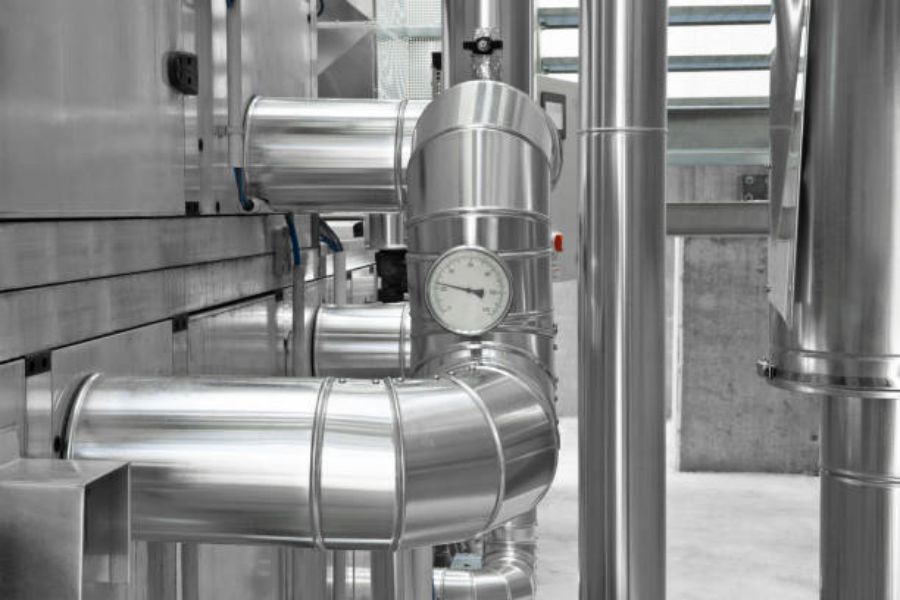Introduction
A chiller unit is used for cooling water or air in various industrial, commercial, and residential applications. They are an essential component of HVAC systems and used in various industries including hospitals, data centers, food processing, and manufacturing plants. In this article, we will discuss all the aspects of a chiller unit.
1. What is a Chiller Unit?
A chiller unit is a machine that is used to cool water or air. It uses compression or absorption refrigeration cycles to remove heat from an area and transfer it through a closed loop system. The process involves the chiller unit evaporating refrigerant at a low pressure and temperature and then compressing it at a high pressure and temperature to release the heat.
2. Types of Chiller Units
There are different types of chiller units available in the market including air-cooled, water-cooled, screw chillers, absorption chillers, and centrifugal chillers. Each type has its own unique advantages and disadvantages, depending on the specific application. For example, air-cooled chillers may be more cost-effective than water-cooled ones in some cases, but water-cooled chillers have a higher cooling capacity and are more efficient for larger cooling loads.
3. Components of a Chiller Unit
A typical chiller unit consists of various components including a compressor, evaporator, condenser, expansion valve, and refrigerant. These components work together to cool the water or air. The compressor compresses the refrigerant, which transfers heat to the condenser. The evaporator then uses the refrigerant to cool the water or air, which is then circulated through the system.
4. Applications of Chiller Units
Chiller units are used in various applications in different industries. They are commonly used in HVAC systems, such as in commercial buildings, hospitals, universities, and hotels. They are also used in manufacturing processes, such as food processing, pharmaceuticals, and plastics.
5. Maintenance of Chiller Units
Maintenance is essential for the efficient operation and longevity of chiller units. Regular maintenance includes cleaning the condenser coils, testing the refrigerant levels, and checking for any leaks or damages. It is recommended to have a professional maintenance team to regularly service the chiller unit to ensure optimum performance.
6. Benefits of Chiller Units
There are various benefits of using a chiller unit in various industries. Some of the benefits include energy efficiency, cost-effectiveness, and providing a comfortable working environment. Chiller units also offer precise temperature control, which is essential for certain processes such as pharmaceutical manufacturing.
7. Factors to Consider When Choosing a Chiller Unit
Before choosing a chiller unit, it is important to consider various factors such as the cooling load, the budget, and the available space. It is also important to consider the type of refrigerant used in the system and its environmental impact. Consulting with a professional can help determine the right chiller unit for specific applications.
8. Energy Efficiency of Chiller Units
Energy efficiency is an important factor to consider when using a chiller unit. Modern chillers are designed to be more energy-efficient, which can save on electricity costs and reduce carbon emissions. Regular maintenance and proper installation can also improve efficiency.
9. Common Problems with Chiller Units
Despite regular maintenance, chiller units may experience some common problems such as leaks, refrigerant loss, and clogged filters. It is important to troubleshoot and repair any issues as soon as possible to prevent further damage and reduce downtime.
10. Conclusion
Chiller units are an essential component of many industries, providing cooling for air or water. There are different types of chiller units available, each with its own unique advantages and disadvantages. Maintenance and proper installation are important for efficient operation and longevity. It is important to consider various factors before choosing a chiller unit for specific applications.
